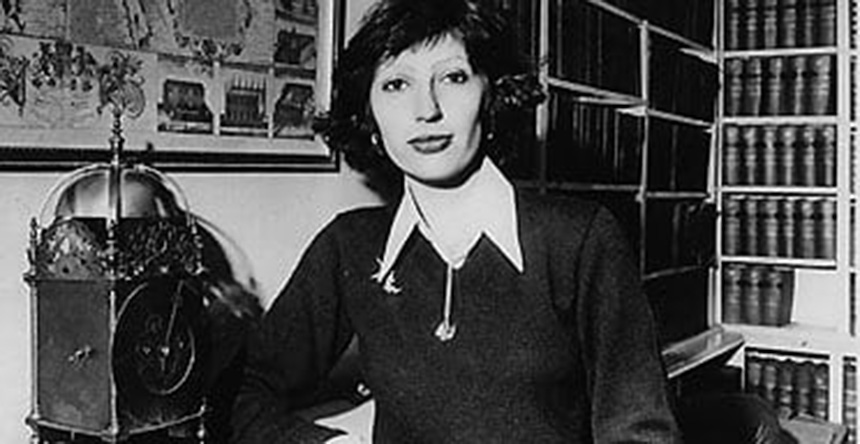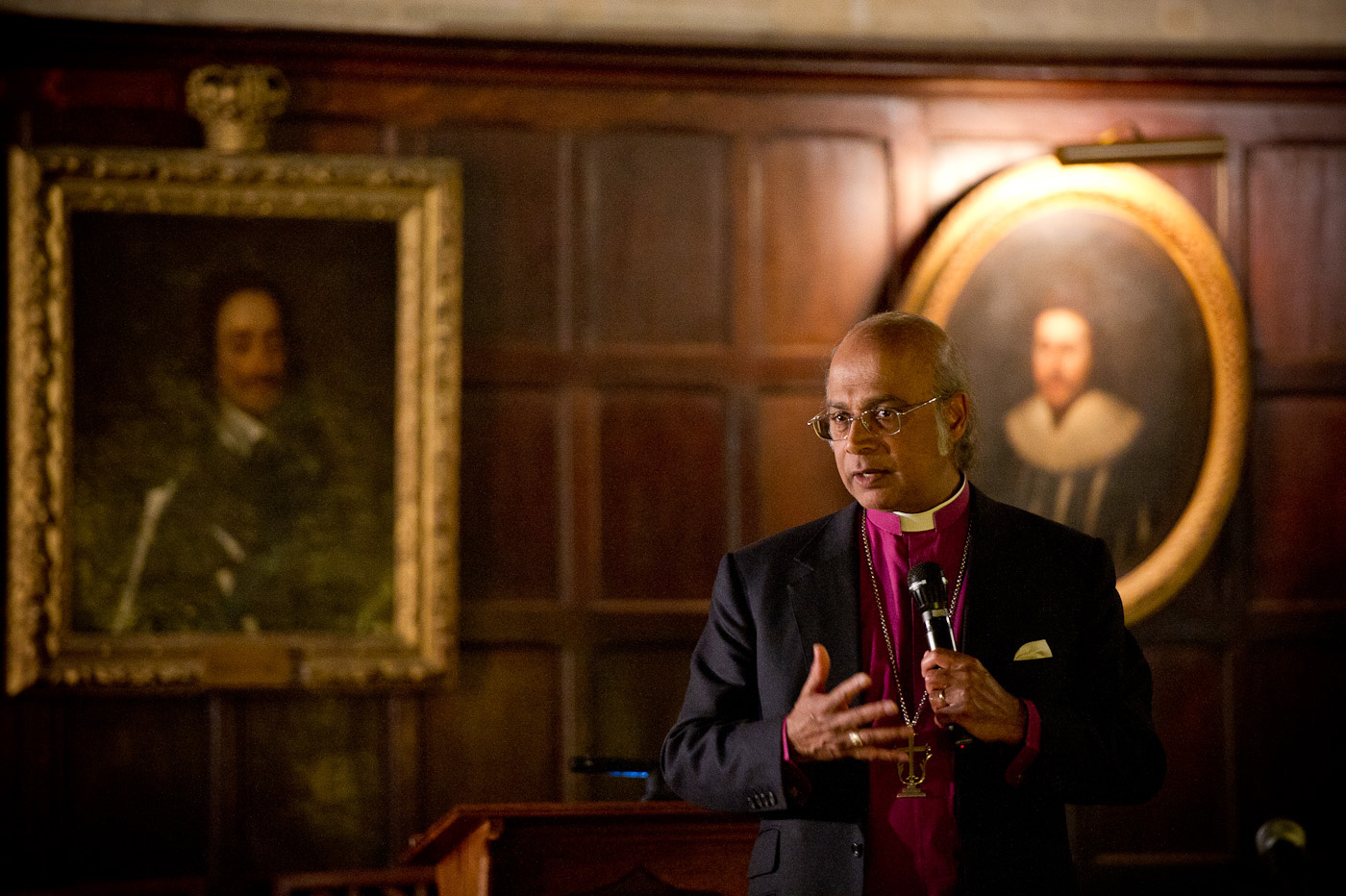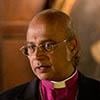Benazir Bhutto: A memoir
The first Pakistani-origin, non-white diocesan bishop at the Church of England recalls his encounters with the former prime minister

In Oxford, where I first knew her, Benazir Bhutto was seen as a fun-loving graduate student. It was at one of Benazir's social gatherings that she introduced Theresa May, the British Prime Minister, to the man who would become her husband. She was easily recognisable as she went about in her green (not yellow) MG sports car. There was already, however, a serious side to her shown, for example, in her determination to be the first Asian President of the Oxford Union. Even then, she was preparing for the political future that awaited her.
My next encounter with her was in very different and sombre circumstances after the judicial murder of her father, the late Zulfiqar Ali Bhutto, Prime Minister of Pakistan.

The military regime of General Zia ul Haq, who had overthrown Bhutto’s elected government, was embarked on an ambitious programme of rapid ‘Islamisation’ to provide a semblance of legitimacy to the regime. Many of us were opposed to aspects of this programme which included cruel punishment for usually poor offenders, while the rich and influential escaped unscathed. Women’s freedoms were also being curtailed as were those of non-Muslim minorities.
During this period, Benazir was being arrested repeatedly as she joined others to demonstrate for democracy and women’s rights. To a greater or lesser extent, all of us experienced suffering and marginalisation, but she did more than most, having to combine personal grief for her beloved father with imprisonment and manhandling.
I myself had to leave the country because of threats to me and my family just before her first term as Prime Minister but during her second period, she invited me for an official visit to Pakistan as the Bishop of Rochester. This enabled me to see at close quarters how her government was attempting much-needed reform, both political and social, but was being thwarted at every turn by extremists and elements in the establishment itself. Later on, when I challenged her about the effectiveness of both her governments, she gave me details about how her ambitious programme was continually undermined.
During her long exile of some eight years in the 2000s, we often met at functions, media offices and Westminster where she lobbied for British support for the return of democracy to Pakistan. On occasion, she would turn up unannounced and en famille at our home in Rochester. In this domestic situation, we had the opportunity to discuss, in depth, why her vision of a progressive Pakistan had remained unachieved and what she planned to do in the future.

A few weeks before her return in 2007, she came to see us in Rochester and to address a dinner gathering. She seemed more mature and thoughtful, with detailed policies of what she would do on her return. I thought then to myself, “She is going to be Prime Minister for the third time and, perhaps, this time they will let her do something!” Alas, it was not to be and that is part of the political tragedy of Pakistan.
She was at her most relaxed when not in power and discussed issues freely and naturally. Power constrained her naturally outgoing nature and it was difficult sometimes to know what she was actually thinking and feeling. Of all her siblings, she was the most like her father in sharing his enormous talent and charisma but also some of his weaknesses, such as the desire for populist appeal. As we know now, this was to prove fatal: had she resisted that one last wave to the adoring crowd, who knows what her, and the country’s, future might have been?
Pakistan is prodigal and careless with its God-given talent. Benazir Bhutto’s untimely and unnecessary death is certainly an example of this waste. We commit her to the One who knows the hearts and minds of us all.
Michael James Nazir-Ali is an Anglican bishop of Pakistani origin who was the 106th Bishop of Rochester




